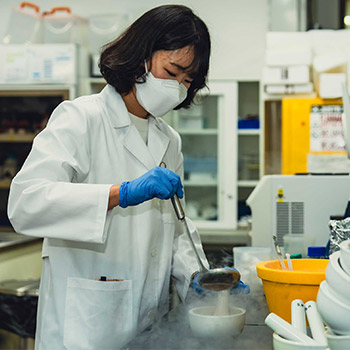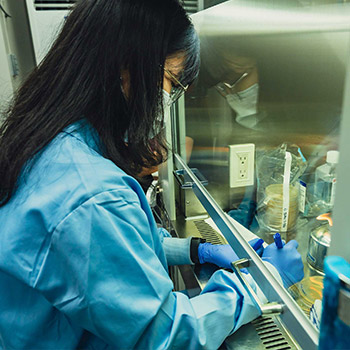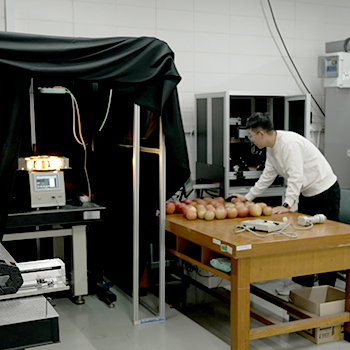South Korea’s Youth Farmer Support Policies
The challenges posed by South Korea’s low birthrate and aging population are well recognized, but rural areas—responsible for agriculture, the foundation of all industries—are experiencing demographic shifts at an even more accelerated pace. As of 2024, the average age of the general population stands at approximately 45, whereas the average age of farm owners has reached nearly 68. With many young people migrating to urban areas in search of employment, the sustainability of the agricultural sector is increasingly under threat.
To address this, the South Korean government has rolled out a range of policies aimed at fostering the next generation of farmers and revitalizing rural communities. This article introduces key youth-oriented agricultural support programs, particularly for students at the College of Agriculture and Life Sciences who are interested in farming or agricultural policy.
Youth Startup Farmer Settlement Support Program
Administered by the Ministry of Agriculture, Food and Rural Affairs, the Youth Startup Farmer Settlement Support Program is one of the country’s flagship initiatives for young farmers. In 2025, the program plans to select 5,000 young participants who will receive monthly settlement allowances of up to KRW 1.1 million for a maximum of three years. Participants are also eligible for startup loans of up to KRW 500 million at a low interest rate of 1.5% to support land acquisition and facility investment. Additional benefits include preferential guarantees from the Agricultural Policy Insurance & Finance Service, priority farmland leasing, and other forms of linked support.
Applicants must be between the ages of 18 and 39, have less than three years of independent farming experience (or be preparing to start), and meet income and asset requirements (below 140% of the median income). A detailed farming business plan is also required as part of the application.
The program aims to ease the income instability that many young farmers face during their early years, helping them build viable farming operations. By encouraging the entry of skilled and motivated young people into agriculture, the policy also seeks to mitigate the aging trend among farm operators. Notably, the 2025 edition of the program will include more flexible rules regarding off-farm employment. Previously, participants were required to farm full-time, with only limited off-season work permitted. From 2025, however, short-term off-farm employment of up to 100 hours per month will be allowed, and the eligible period for off-season work will be extended from three to five months. These adjustments aim to reduce the uncertainty and financial burden that young people often face when entering agriculture.
Youth Rural Housing Complex Program
Beyond financial support for farming startups, the government is also focused on improving living conditions for rural youth through the Youth Rural Housing Complex Program. This initiative seeks to lower the housing and childcare burdens of young returnees to farming by developing affordable rental housing complexes in rural areas. These units are intended for young farmers, newlyweds, and families with children—where the household head is under 40 years of age.
These housing projects go beyond providing basic shelter. Each complex is equipped with a communal childcare center and a cultural/leisure facility, designed to reflect the daily needs and lifestyles of young residents. By enhancing the quality of life in rural areas, the government hopes to foster long-term settlement.
Designated regions for implementation—such as Inje County (Gangwon), Buyeo County (Chungnam), and Gokseong County (Jeonnam)—will also integrate the housing projects with local smart farming hubs, such as rental-based smart farms and startup-focused agricultural clusters. This combined approach is expected to offer both employment and stable housing tailored to the needs of young residents.
A Holistic Strategy for Rural Revitalization
Youth farming policies are emerging as a structural response to rural depopulation and aging. These policies encompass a broad spectrum—from entrepreneurship and settlement support to housing, farmland access, and financial services. Recent developments have focused on enhancing real-life conditions by allowing greater flexibility in employment and expanding key infrastructure such as childcare, housing, and cultural spaces.
Ultimately, these initiatives aim to lower entry barriers for young people in agriculture while offering a basic level of stability. For youth considering a move to rural areas, these policies present an increasingly attractive option. However, the long-term impact and sustainability of these programs will hinge on how effectively they address the actual needs of their target beneficiaries and adapt to conditions on the ground.











